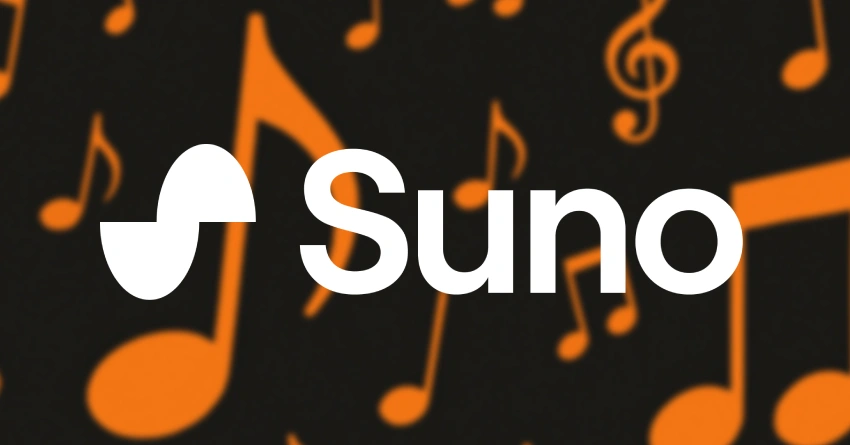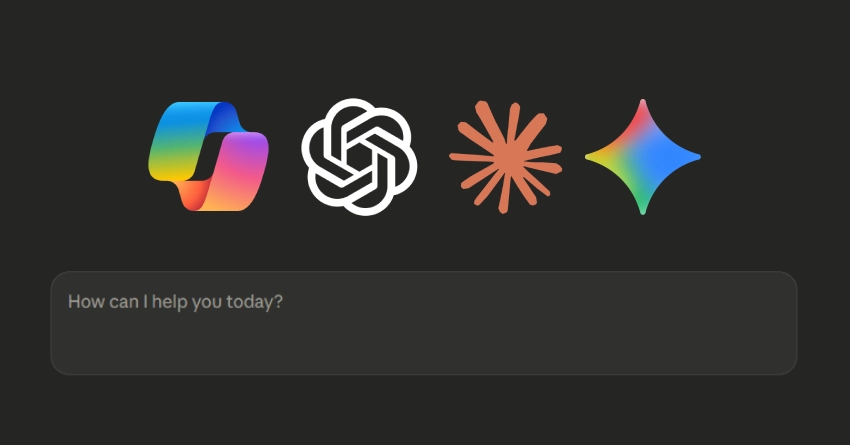I recently listened to about four or five tracks that were completely AI-generated, and I have to say, they were genuinely good. Like, good. What stands out is just how much the quality has improved. Not that long ago, you could always tell when AI made a song. There was something a bit off, maybe the vocals sounded robotic, or the instruments didn’t quite fit together naturally. But now? It’s becoming increasingly difficult to distinguish between them. I remember when AI music first started popping up, and it was more of a fun novelty than anything you’d want to listen to. The songs were catchy in a weird way, but you’d never mistake them for something made by a real artist. Fast forward to today, and Suno AI is putting out tracks that could easily pass for professional studio recordings.
What Makes Suno AI So Impressive
One of the most significant improvements I’ve noticed is in the vocals. The AI-generated voices now have real emotion, good timing, and sound way more natural. It’s not just about hitting the right notes anymore; it feels like there’s feeling behind the music. The instrumentals are also way more sophisticated. The AI seems to “get” music theory better, creating harmonies that make sense and transitions that flow naturally. Gone are the days of those weird, random chord changes that used to give AI music away. Production quality is another big leap. The tracks are mixed well, with each instrument sitting in its own space. The bass is punchy, the drums have just the right amount of reverb, and the whole thing sounds polished and professional.
The Evolution of AI Music
It’s remarkable how quickly this technology is advancing. Just a year ago, most AI music had that unmistakable “computer” vibe; everything was too perfect, too stiff, too artificial. But now, Suno AI is making music with those little imperfections that make it sound human. I think what’s happening is the AI is learning not just how to make music, but how to make it feel real. It’s picking up on the subtle stuff that human musicians do without thinking, slight timing changes, dynamic shifts, and emotional expression. The range of styles is impressive as well. I’ve heard everything from pop ballads to EDM to acoustic folk, and they all sound legit. The AI seems to understand the “rules” of different genres and can switch things up accordingly.
How This Changes the Music Industry
This kind of progress brings up some interesting questions about the future of music. On one hand, it’s incredible that anyone can now make professional-sounding tracks without years of training or expensive gear. On the other hand, it could shake up the traditional music industry in a big way. I can see this being a game-changer for content creators who need background music, small businesses looking for jingles, or indie artists wanting to experiment with new styles. It opens up music creation to everyone. But I also think there will always be a place for music made by real people. There’s something special about knowing a song came from someone’s real experiences and emotions. AI can copy the sound, but it can’t copy the story behind the music.
The Tech Behind It
From what I’ve read, Suno AI uses some pretty advanced machine learning models trained on vast amounts of music. They’ve made significant improvements in their audio processing, which is why everything sounds so much more natural now. The AI can handle complex song structures, multiple instruments, and even generate lyrics that fit the melody. It’s not just spitting out random sounds; it’s making full songs with verses, choruses, and bridges. What’s cool is how well it blends all the musical elements. The bass works with the melody, the drums keep the rhythm, and everything fits.
My Experience with Suno AI Tracks
Out of the four or five tracks I listened to, one stood out—a pop song with a super catchy melody and lyrics that made sense. The vocals were so convincing, I had to double-check it wasn’t a real artist. Another was an EDM track with a driving beat and atmospheric synths. The production was honestly as good as anything you’d hear on the radio. The way the song built up and dropped was spot on. There was also a slower, emotional ballad that showed off the AI’s ability to put feeling into music. The piano was beautiful, and the vocal melody was genuinely moving.
What This Means for Musicians
I think musicians should see this as both a challenge and an opportunity. The challenge is that AI is becoming increasingly proficient at creating music that sounds professional. However, the opportunity lies in the fact that this tech can be a powerful creative tool. Imagine being able to generate backing tracks quickly, try out new styles, or make demos without needing a whole band. AI could become a creative partner, helping musicians explore new ideas. I also think there’s going to be a growing music market that humans make. As AI-generated music becomes more prevalent, people may start valuing “handmade” music even more, much like how they appreciate artisanal products.
The Future of AI Music
Looking ahead, I think we’re going to see even crazier stuff. The tech is moving so fast, it’s hard to say where we’ll be in a year or two. We might get AI that can make music in real time based on your mood or what’s happening around you. Or AI that can jam with human musicians, responding and adapting on the fly. There’s also the possibility of personalized music AI that learns what you like and makes songs just for you. It’d be like having your own composer. What Suno AI has done is seriously impressive. The fact that I can listen to AI-generated music and enjoy it, without constantly thinking “this sounds fake”—shows just how far this tech has come. But I think it’s important to keep things in perspective. As amazing as the technology is, there’s still something special about human creativity. The best music comes from real experiences and emotions, things only people can truly express. AI music is a tool, and like any tool, it can be used for good or bad. In the right hands, it can boost creativity and make music more accessible. But it should add to human creativity, not replace it. For now, I’m just enjoying the fact that I can listen to some awesome music made by a computer. It’s a reminder of how fast technology is moving and how it’s changing the way we think about art and creativity.



